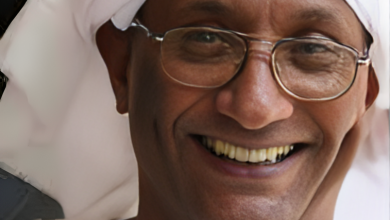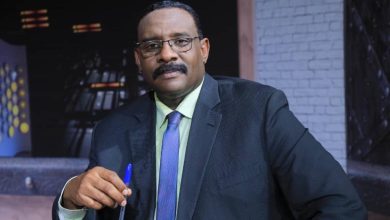Why Darfur Deserves a Special Attention? 2-2

Amani Africa- Sudan Events
As Susan Stigant pointed out, ‘any tensions among Sudanese civilians should not belie their near-unwavering unity on a foundational principle: A commitment to democratic politics and debate, however messy. That commitment stands in stark contrast with the persistent behavior of senior officials in the SAF and RSF, who use force indiscriminately to settle their differences.’
All these provided the basis for the African Union (AU), together with the then Chairperson of the Inter-Governmental Authority on Development (IGAD), supported by the US and gulf countries, to facilitate mediation for the establishment of a transitional process.
The power-sharing agreement this process produced with alteration of leadership of the Sovereign Council (the highest authority of the transitional power-sharing government) during an agreed 39-month period and legitimizing the military’s seizure of government power and active role in politics was the original sin that the international community committed. Seen as a pragmatic necessity, this arrangement ended up incentivizing the appetite of the SAF and the RSF to entrench their grip on power. Thus, just before transferring the role of heading the Sovereign Council to the civilian leadership of the power-sharing government as per the terms of the August 2019 Constitutional Declaration, the SAF and the RSF staged a coup and arrested Prime Minister Abdela Hamdok and his cabinet on 25 October 2021.
Once again it fell on the Sudanese civic actors to mobilize against the illegal usurpation of power by going to street with their legendary peaceful protests, forcing the military to engage in a shaky political process that aimed at resolving the standoff between protesters and the military. They even went as far as articulating a constitutional document. This time around, AU, IGAD and UN joined hands under a Trilateral Mechanism to facilitate the political process, but with the same strategy that is anchored on people with the guns. As in 2019, the political process resulted in the signing of a ‘Political Framework Agreement (PFA)’ on 5 December 2022 between the military and section of the civilian actors organized under Forces of Freedom and Change (FFC). The US and other members of the Quad (Saudi Arabia, UAE, and UK) were behind this agreement.
The PFA, lauded by its sponsors as the first step towards the restoration of a civilian-led government but greeted with opposition from the resistance committees, instead of putting Sudan on a footing for democratic dispensation, set the SAF and the RSF, the incompatibility of whose interests has grown increasingly deep, on a collision course. While seemingly engaging the trilateral process, they were preparing for a final showdown to settle their power contest. The Trilateral Mechanism was busy in convening workshops and consultations to facilitate the appointment of a new prime minister when the two generals, Al Burhan of SAF and RSF commander Dagalo, started fighting in Khartoum on 15 April.



